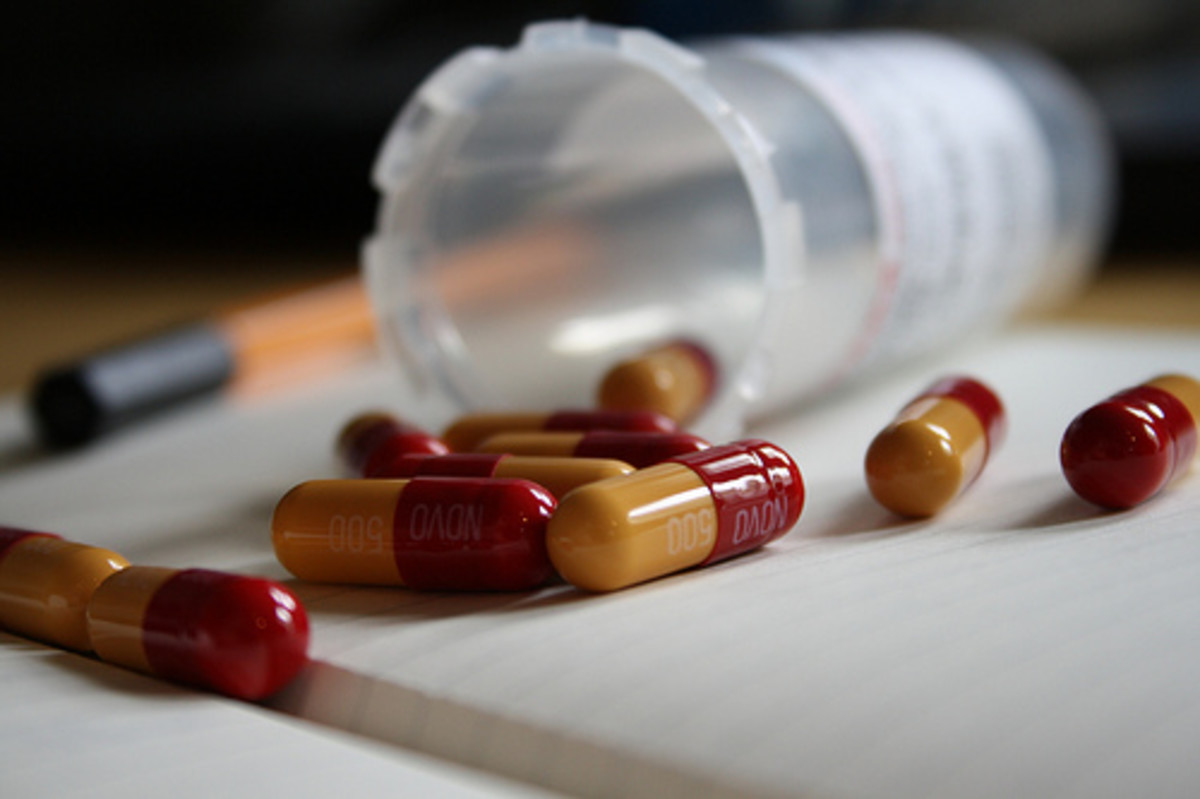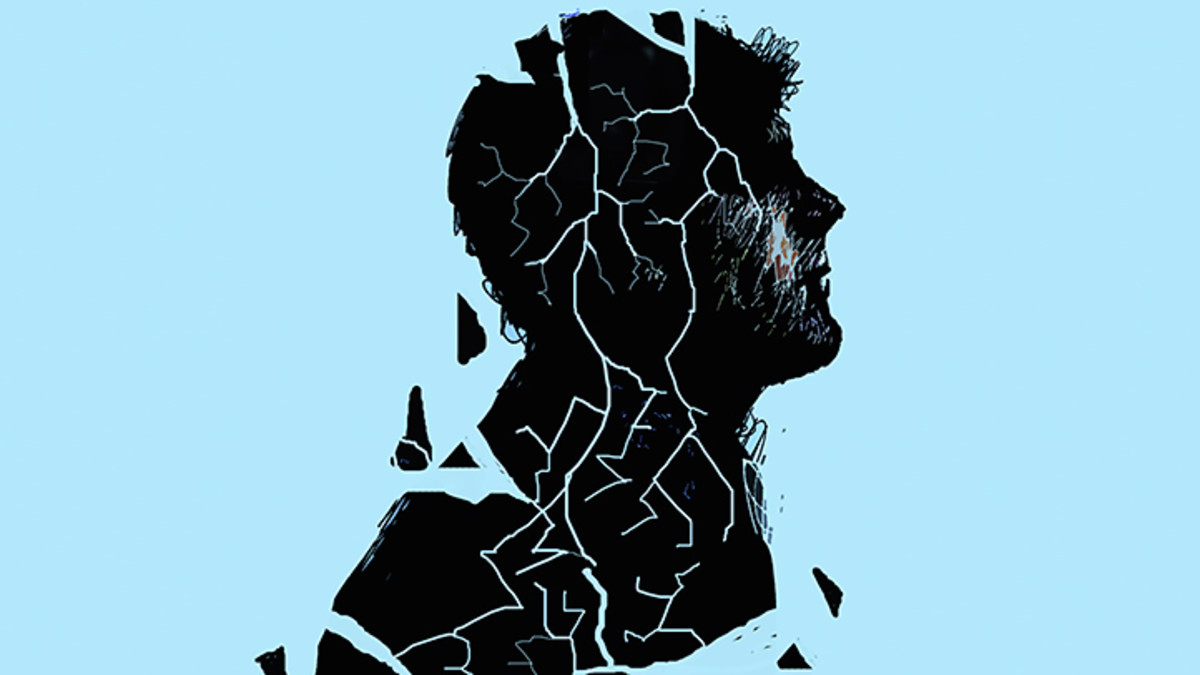What Really Causes Depression?
What causes depression? I’m not talking about short periods of feeling depressed. We all experience those from time to time. I’m referring to chronic depression, sometimes called clinical depression. This is a long-lasting feeling of sadness, isolation, lethargy, and a loss of interest in friends and activities – all caused by no apparent reason.
In the U.S. alone, almost 18 million people suffer from depression. Approximately 5% of the American population takes prescription antidepressants. Many of those suffering from the condition will be hospitalized, and of that number, 15% will commit suicide.
Depression is a complex issue, and it’s often unique to the individual,. No two cases are exactly the same. Because of this, along with other factors, doctors don’t fully understand the causes of depression. Recent studies, however, have shed some light on the physiological reasons for depression in many individuals.
Serotonin
Serotonin is a neurotransmitter that plays a key role in regulating mood and a sense of well being. Serotonin has a huge impact on the nervous system, controlling things like sleep, appetite, learning, aggression, and memory. When the body does not produce enough serotonin, depression is likely to occur. Many antidepressants treat depression by helping the body with serotonin. The medications do not create more serotonin. Instead, they make more of the serotonin produced be more available to the nerve synapses.
Stress Hormones
The body reacts to stress by releasing certain hormones. Long-term stress and trauma, especially experienced during childhood, can cause permanent negative changes in the nervous system. This trauma might be in the form of physical abuse, mental abuse, verbal abuse, or emotional abuse. One of the culprits, corticotrophin releasing factor, is produced and released in several areas of the brain. Doctors now think that this release prevents the action of the molecules that help alleviate depression. In a nutshell, stress can lead to depression.
Inflammation
When the body is invaded by bacteria and viruses, proteins called cytokines are released. These proteins trigger an inflammatory response, which in turn, can increase the risk for depression. For people already suffering from depression, inflammation can worsen the symptoms, especially the fatigue and disinterest often associated with depression. Chronic illnesses like diabetes, obesity, cancer, cardiovascular disease, and asthma, can also cause inflammation and can thereby increase the chance of developing chronic depression.
Nutritional Deficiencies
People without adequate vitamin B12 in their diets are more prone to depression. Doctors are exactly sure why, but they thing the vitamin helps in the production of monoamines, which help prevent depression. Also, when the body does not get sufficient amounts of B12, amino acids known as homocysteines can build up. These can lead to depression and worsen the symptoms of depression. Natural sources of B12 include meat, eggs, fish, poultry, and dairy products.
Doctors have also discovered that many people with depression have deficient levels of folic acid, or folate. Good sources of this vitamin are mushrooms, bananas, legumes, oatmeal, orange juice, tomato juice, organ meats, broccoli, asparagus, and spinach.
Vitamin B1, also called thiamin, helps the body create energy for the brain. Without sufficient B1, the brain action is suppressed, and depression can occur. Natural source of thiamin include egg yolks, oatmeal, whole grains, brown rice, broccoli, peas, asparagus, milk, legumes, plums, peanuts, fish, poultry, and pork.
Vitamin B6, also known as pyridoxine, is necessary for the production of serotonin and other important neurotransmitters. Without sufficient B6, adequate amounts of serotonin cannot be produced, possibly leading to depression. The best natural sources of vitamin B6 include wheat germ, oat flakes, beef, brown rice, poultry, sardines, cabbage, bananas, and avocado.
Vitamin D also plays a key role in mood and depression. Humans can synthesize this vitamin from sunlight, but with so many people avoiding the sun these days, doctors are concerned that we’re not getting adequate amounts of D. sunscreens block the skin’s vitamin-D producing action, and individuals with darker skin can’t make nearly as much D as can their fair-skin counterparts. A lack of bright light and vitamin D are largely responsible for seasonal affective disorder, also called SAD. Few regularly consumed foods have adequate natural amounts of dietary D. those that do include tuna, salmon, and fish liver oils. Also, some foods are enriched with the vitamin, including milk and other dairy products.
Shrinking Brain Cells
Over a decade ago, scientists discovered that the adult human brain continues to create new brain cells. The hippocampus, part of the brain, goes through periods of making new cells. When it goes too long without creating new cells, this inactivity can lead to depression in some individuals.
Lack of Exercise
Studies suggest that regular, moderate exercise can help prevent depression. An inactive lifestyle can lead to depression. This might be directly related to the explanation of shrinking brain cells, discussed above. Exercise triggers the hippocampus to produce new brain cells, thereby reducing the risk of developing depression.
Read more about health:
- Depression Symptoms and Change
Depression may be caused by many different factors including stress, abuse, a serious illness, a sudden life change like a move, loss of a job or the death of a loved one, substance abuse and depression does... - Improving Fertility without Drugs: 25 Tips
Fertility rates in the US have sharply declined over the last few decades. Thousands of couples today have trouble conceiving. Doctors are not completely sure what has caused the decline, but several...









